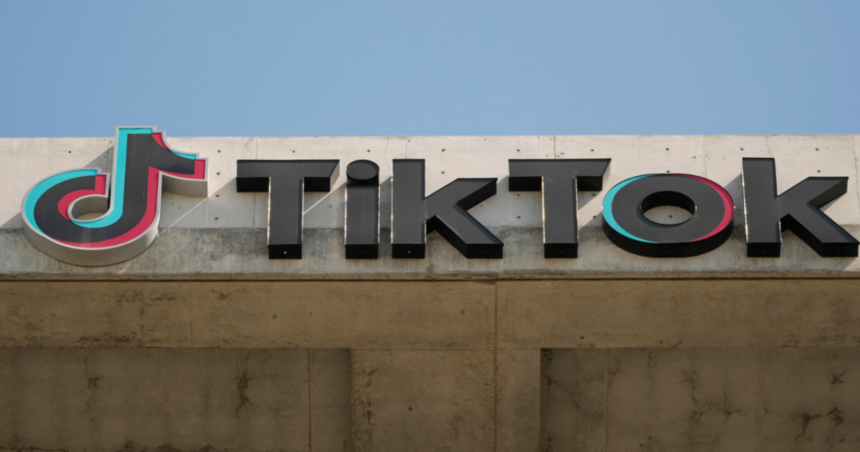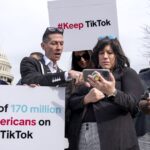In a recent accusation against one of the world’s most popular technology companies, the Justice Department has accused TikTok of having the ability to collect extensive information on users’ views on divisive social issues such as gun control, abortion, and religion.
According to documents filed with the federal appeals court in Washington, TikTok and its parent company ByteDance, based in Beijing, utilized an internal web-suite system called Lark that allowed TikTok employees to communicate directly with ByteDance engineers in China.
Government officials stated that TikTok employees used Lark to transmit sensitive data about U.S. users, which ended up being stored on Chinese servers and accessible to ByteDance employees in China.
One of Lark’s internal search tools enables ByteDance and TikTok employees in the U.S. and China to gather information on users’ content and expressions, including their views on sensitive topics like abortion or religion. The Wall Street Journal previously reported that TikTok had tracked users who watched LGBTQ content through a now-deleted dashboard.
The new court documents mark the government’s initial defense in a significant legal battle over the future of the popular social media platform, used by over 170 million Americans. President Joe Biden signed a law in April that could result in a ban on the company in a few months if it does not sever ties with ByteDance.
The measure received bipartisan support amid concerns from lawmakers and officials about Chinese authorities potentially accessing U.S. user data or influencing public opinion through the platform’s algorithm.
The Justice Department expressed concerns about possible “covert content manipulation” by China, warning that the algorithm could be manipulated to shape the content users see.
“By directing ByteDance or TikTok to covertly manipulate that algorithm, China could further its malign influence operations and undermine trust in our democracy,” the brief stated.
The Justice Department also raised concerns about TikTok promoting videos through a process known as “heating,” which can be utilized for nefarious purposes.
Officials are seeking court approval for a classified version of the legal brief that would not be accessible to the companies.
TikTok spokesperson Alex Haurek emphasized the company’s confidence in prevailing in court and defended against the allegations presented in the redacted documents.
Justice Department officials highlighted a tool that suppressed content based on specific words and policies applied to ByteDance users in China, where the company operates a similar app under strict censorship.
The government pointed to the Lark data transfers to argue that TikTok’s mitigation plan, Project Texas, is insufficient to address national security concerns.
In its legal challenge against the law, TikTok has argued that a ban would violate the First Amendment. In response, the Justice Department maintained that the law addresses national security without infringing on protected speech.
Oral arguments for the case are scheduled for September.





